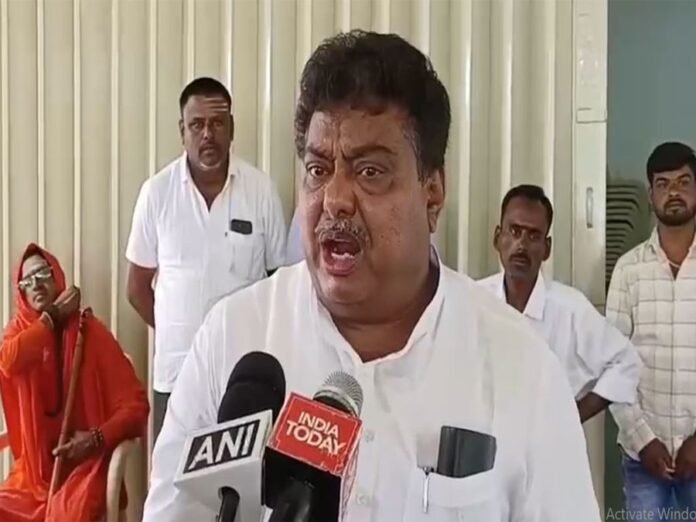In Kurukshetra, Haryana, Union Home Minister Amit Shah kicked off a major state-level exhibition on India’s new criminal laws today. He highlighted how these reforms have boosted the conviction rate in Haryana from around 40% to over 80%. The event drew top officials, including Chief Minister Nayab Singh Saini and Union Home Secretary Govind Mohan.
Shah also dedicated four key development projects worth about Rs 900 crore and laid the foundation stone for eight more. Speaking at the gathering, he praised the Haryana government for delivering strong results after winning a majority for the third straight time. “Our teams have worked tirelessly to build up every part of the state,” Shah said, emphasizing a fresh approach that covers all districts and communities without any narrow biases.
He pointed out a big shift in job hiring too. Haryana, once known for favoritism and bribes in allocations, now offers positions purely on merit—no “kharchi” or “parchi” needed. That’s a huge win for fair governance, according to Shah.
The exhibition spotlights three groundbreaking criminal laws introduced by Prime Minister Narendra Modi’s government. These replace outdated British-era codes from the colonial days. Shah noted that India gained freedom on August 15, 1947, but kept those old laws for too long. “They were designed to control, not to deliver justice,” he added.
Starting July 1, 2024, the Bharatiya Nyaya Sanhita and other new laws mark a new chapter. Shah is confident they’ll speed things up—every FIR should wrap up in about three years by 2026. The focus? Justice for all, especially protecting constitutional rights for the poorest citizens. No more punishment-first mindset.
One key change: Easier bail after serving one-third of a sentence, with police now pushing for releases instead of endless jail time without trials. Shah credited PM Modi’s vision with three core principles—Citizen First, Dignity First, and Justice First. He called this the biggest reform of the 21st century for India’s criminal justice system.
Under the new rules, police rely on data and scientific evidence, ditching old harsh methods. The five main pillars—police, jails, judiciary, prosecution, and forensics—now connect online for smoother operations.
Special protections shine through for women and children, with a dedicated chapter. Women can file e-FIRs or zero FIRs from anywhere, skipping police station visits. All seizures require videography, evidence chains stay secure, and forensics become mandatory for crimes punishable by seven years or more.
These updates aim to make justice faster, fairer, and more accessible across Haryana and beyond.
Stay informed on all the latest news, real-time breaking news updates, and follow all the important headlines in world News on Latest NewsX. Follow us on social media Facebook, Twitter(X), Gettr and subscribe our Youtube Channel.



